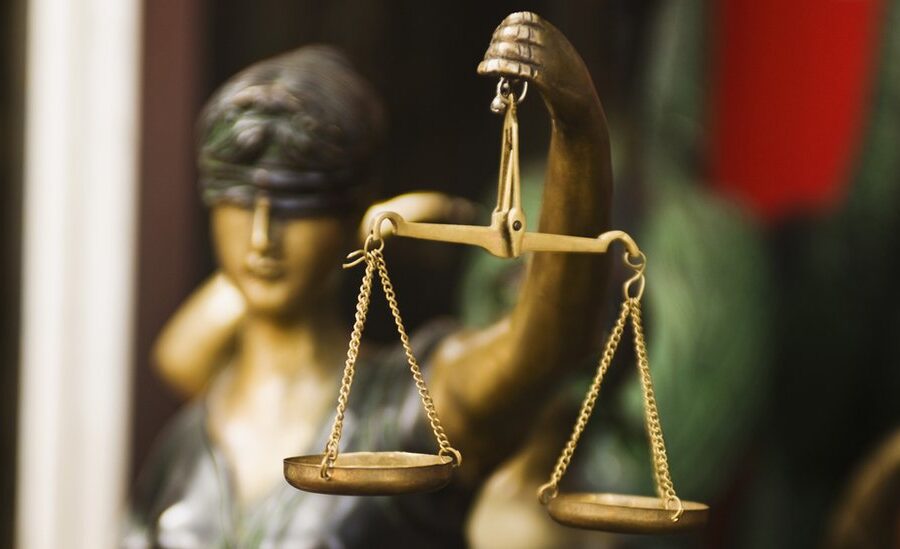The profession of law is more than just arguing cases in court, it is about upholding justice and protecting the rule of law. A lawyer plays many roles: an advocate for clients, an officer of the court, and a guardian of justice in society. Because of this, the legal profession is often described as a noble calling, not just a livelihood.
In India, the Advocates Act, 1961, along with the Bar Council of India (BCI) Rules, clearly defines how lawyers should conduct themselves. These rules highlight a lawyer’s duties towards the court, clients, society, colleagues, and self.
Duty Towards the Court
A lawyer’s primary responsibility is to help the court in delivering justice. Lawyers are expected to act with honesty, fairness, and respect.
They should never mislead the court by presenting false facts, forged documents, or hiding important information. Their role is to assist the judge in understanding the truth, not to twist or manipulate it. Lawyers should always maintain a respectful attitude toward judges and other court officials.
In the case of V.C. Rangadurai v. D. Gopalan (1979), the Supreme Court stressed that advocates must maintain the dignity of the court and behave with integrity. Any act of disrespect, arrogance, or dishonesty in court goes against professional ethics.
In short, a lawyer’s loyalty is not only to their client but also to justice and truth.
Duty Towards the Client
The relationship between a lawyer and their client is based on trust and confidence. Once a client shares information, the lawyer is duty-bound to protect it.
A lawyer must:
Keep all client communications confidential, even after the case ends.
Represent the client with full dedication, skill, and sincerity.
Avoid any conflict of interest (for example, representing both sides in the same dispute).
Charge a reasonable fee, not an exploitative one.
Never make false promises about winning a case.
In P.D. Khandekar v. Bar Council of Maharashtra (1984), the court noted that an advocate should protect the client’s interests through fair and honorable means.
Thus, a lawyer must serve the client faithfully, while staying within the boundaries of law and ethics.
Duty Towards the Opponent
Law is not a battleground for personal rivalry it is a space for reasoned argument. A lawyer must treat the opposing counsel and their client with courtesy and fairness.
They should never mislead, insult, or use aggressive tactics against the other side. Communication with the opposing party should happen only through their lawyer. Respect for opponents is what keeps the legal system civil and dignified.
Duty Towards Society
Lawyers are essential for maintaining social order and public confidence in justice. Their role goes far beyond the courtroom.
A lawyer should:
Stand against injustice and corruption.
Provide free legal aid (pro bono) to the poor and underprivileged, as encouraged under the Legal Services Authorities Act, 1987.
Help spread legal awareness among citizens.
Use their knowledge of law for the welfare of society, not for wrongful gains.
Lawyers act as bridges between the people and the justice system. They ensure that even the weakest person has a voice before the law.
Duty Towards Fellow Lawyers and the Profession
The legal community thrives on mutual respect and cooperation. Every lawyer has a duty to behave with professional courtesy toward colleagues.
Advocates must avoid making personal remarks or spreading false rumors about other lawyers.
Advertising or soliciting clients is prohibited under Rule 36 of the BCI Rules, as it affects the dignity of the profession.
Lawyers should continually update their knowledge about new laws, judgments, and amendments to serve society better.
By upholding these standards, lawyers strengthen the trust and reputation of the legal profession.
Duty Towards Oneself
Lastly, a lawyer has a moral duty towards their own character and conduct. Law is a demanding field, and maintaining one’s integrity is essential.
A good lawyer must stay disciplined, emotionally balanced, and ethically strong, even under pressure. They should never let greed or personal gain influence their sense of justice.
As the saying goes, “A lawyer’s greatest asset is their reputation.”
Conclusion
The duties of a lawyer form the ethical foundation of the legal system. By respecting the court, serving clients faithfully, and standing for justice in society, lawyers help preserve the rule of law.
A true lawyer is not measured only by their courtroom victories but by their honesty, courage, and sense of responsibility. When lawyers fulfill these duties sincerely, they not only strengthen the justice system but also uphold the faith of society in the power of law.
CONTRIBUTED BY SWEETA NAMASUDRA (INTERN)

